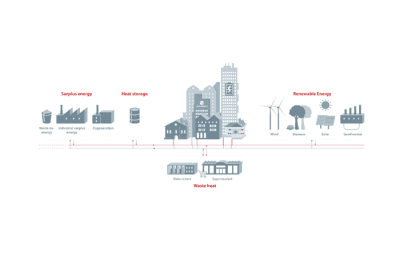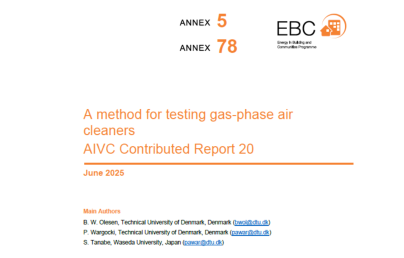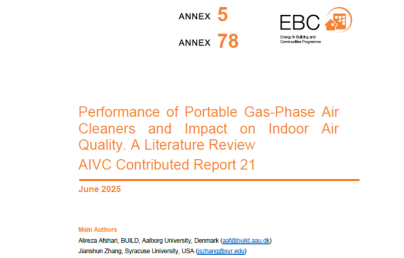
Fahrenheit 2040: heating and cooling in the EU

Fahrenheit 2040: heating and cooling in the EU
The building sector plays a key role in meeting the Green Deal's goal of net-zero emissions by 2050, as residential heating and cooling account for a significant portion of the EU's energy consumption, with much of it still reliant on fossil fuels. The 'Fit for 55' legislative package aims to reduce emissions by 55% by 2030, but its fragmented structure presents challenges, and gaps remain for full decarbonisation. The study focuses on whether the EU is on track for decarbonisation, aligning with 2050 goals, and addressing gaps in the 2040 framework.
The transition to a decarbonised heating and cooling sector is crucial for the European Union (EU): to meet the Green Deal’s target of net-zero greenhouse gas emissions by 2050, and to tackle a range of pressing socio-economic, security and environmental issues. The building sector is central to the heating and cooling transition, given its substantial impact on the EU’s total carbon emissions. In the residential sector, space heating makes up for about two-thirds of final energy consumption, water heating for another 15 per cent and cooling for around 0.5 per cent. More than half of the energy used for residential space and water heating is based on fossil fuels. In the commercial and public services sector, space and water heating make up for about half of the total energy consumption.
The Fit for 55 legislative package is a crucial part of the EU’s plan to reduce greenhouse gas emissions by 55% by 2030. The package includes significant actions aimed at decarbonising the buildings sector. However, the spread of these actions across various directives and regulations within the package makes it challenging to apply them in a unified manner, and important gaps towards full decarbonisation remain.
Against this background, the study addresses the following questions:
Is the EU on track to decarbonise heating and cooling in buildings?
Is the adopted framework for 2030 aligned with the goal of economy-wide full decarbonisation by 2050?
What gaps need to be addressed concerning the 2040 framework?
This study was commissioned by the Cool Heating Coalition, and authored by Öko-Institut e.V.

